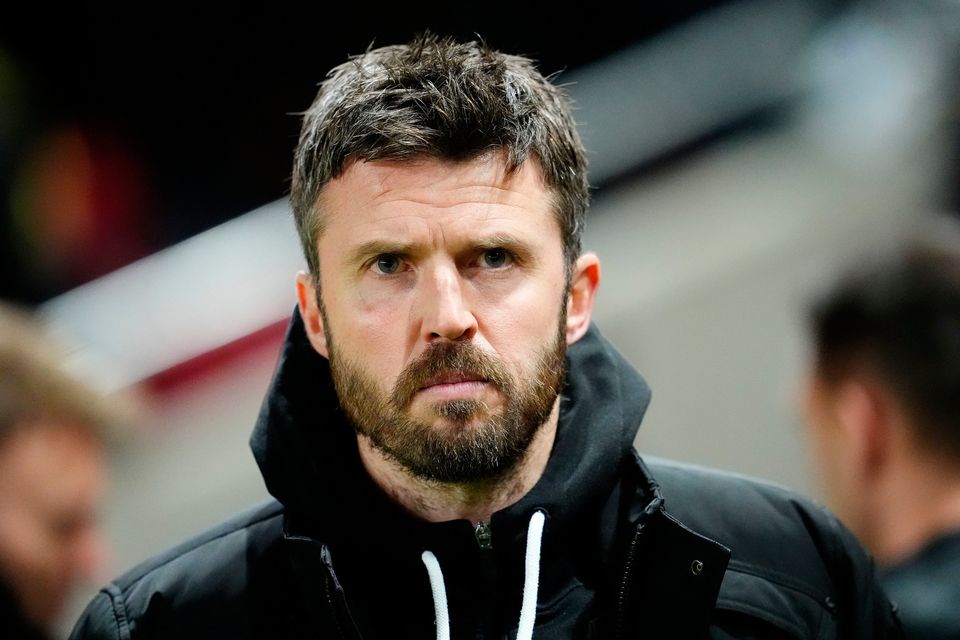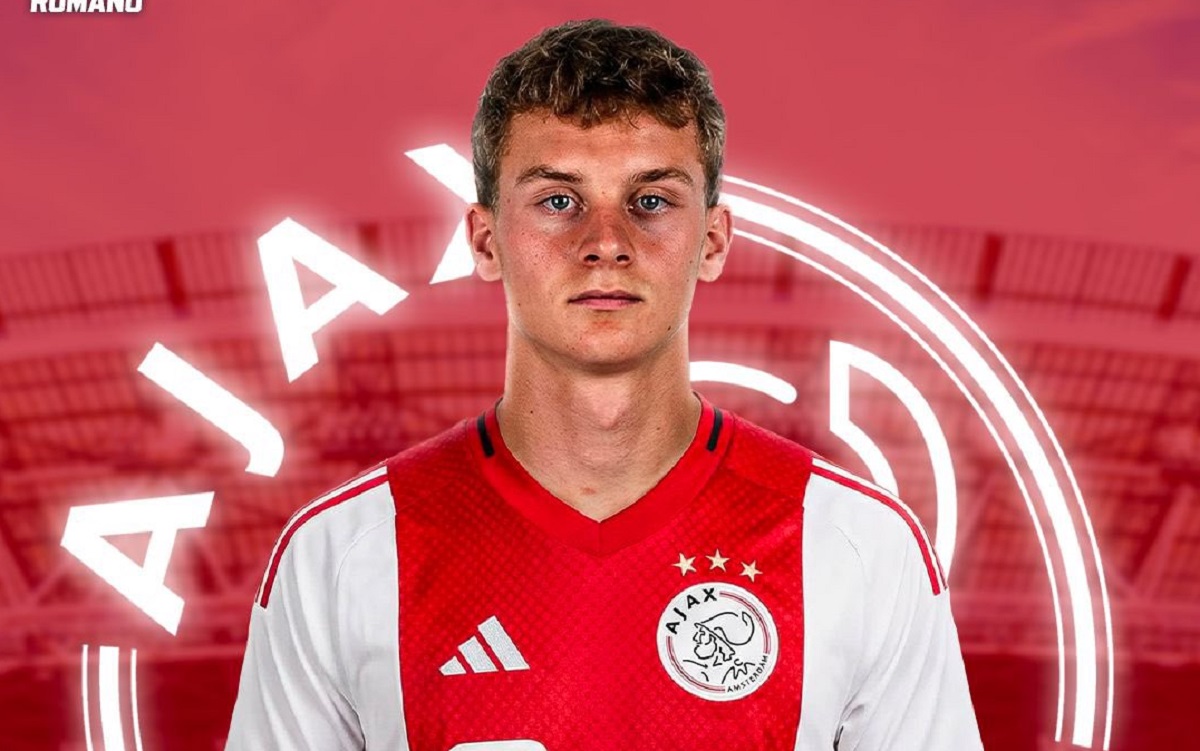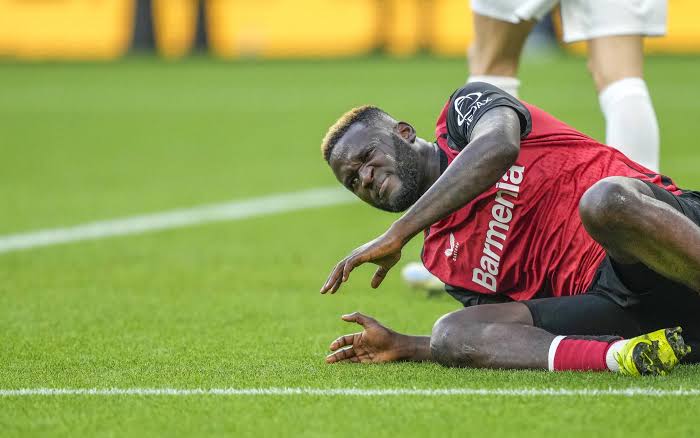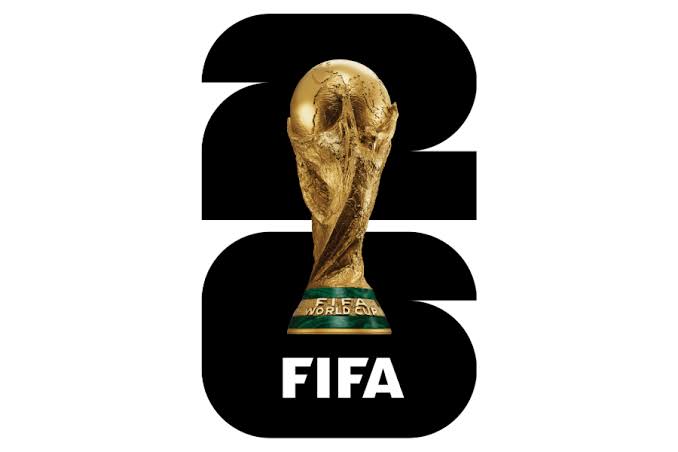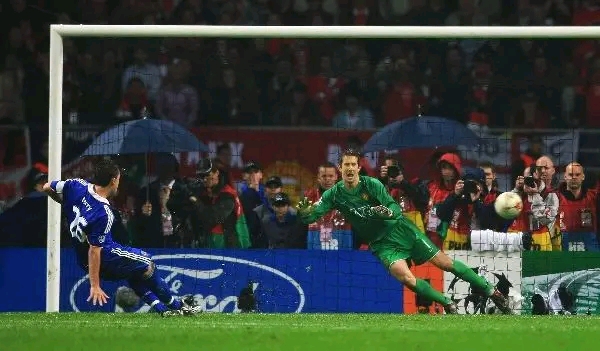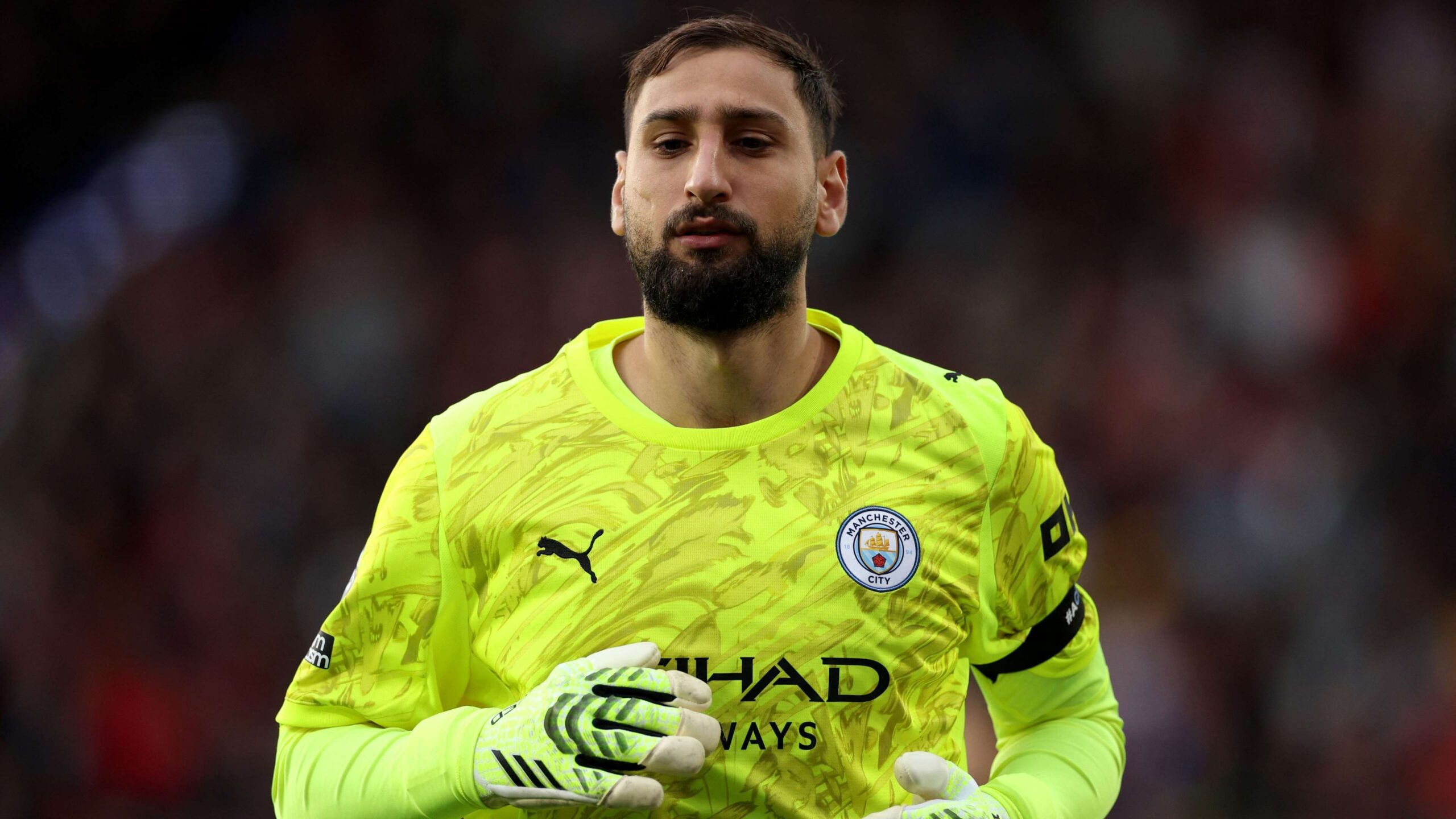Tottenham Hotspur moved swiftly on Sunday night to shut down speculation of a takeover, declaring the Premier League club “not for sale” after receiving two unsolicited approaches.
The denial comes days after the sudden resignation of Daniel Levy, the club’s executive chairman and one of English football’s most polarizing figures. His exit after nearly a quarter century in charge fueled rumors that a sale might be imminent.
In a statement, the board said ENIC Sports & Developments Holdings, Tottenham’s controlling shareholder, had “unequivocally rejected” preliminary overtures from two separate groups. One was from PCP International Finance Limited, linked to financier Amanda Staveley, who was instrumental in the Saudi-led purchase of Newcastle United. The other came from a consortium fronted by Dr. Roger Kennedy and Wing-Fai Ng through Firehawk Holdings Limited.
“The Board of the Club and ENIC confirm that Tottenham Hotspur is not for sale and ENIC has no intention to accept any such offer to acquire its interest,” the statement read.
ENIC controls nearly 87 percent of Tottenham. The investment company is majority-owned by Joe Lewis, the Bahamas-based British billionaire, while Levy and his family hold roughly 30 percent. Lewis, 87, faces separate legal troubles in the United States over insider trading charges, but his stake in Spurs remains intact.
Read Also: Konaté: Mbappé Won’t Stop Calling Me About Madrid Move
For Levy, who is believed to have earned more than £50 million during his tenure, the years at Tottenham were marked by both achievement and acrimony. He oversaw the construction of the club’s gleaming £1.2 billion stadium and kept the team financially steady through turbulent markets. Yet he also became the focus of fans’ anger, especially in recent seasons, when Spurs’ on-field struggles clashed with rising ticket prices and the perception of cautious investment in players.
The public rejection of takeover interest signals ENIC’s determination to retain control at a moment of transition. Tottenham sits in a competitive Premier League environment where billionaire ownership groups have reshaped expectations, and fan impatience has grown more vocal.
Whether ENIC’s stance will deter further suitors is unclear. Top-flight clubs remain attractive global assets, and with Levy’s departure, questions persist over who will steer Tottenham into its next chapter — even if its owners insist the destination will not involve a sale.



